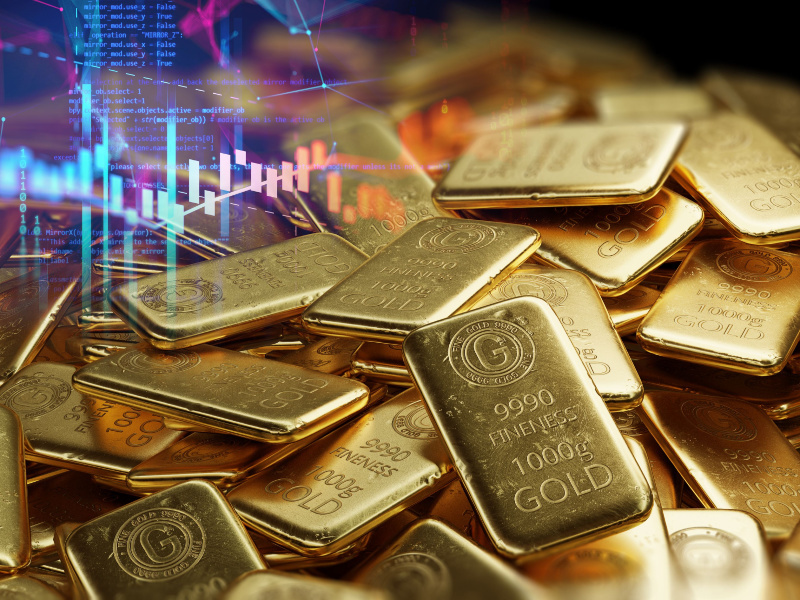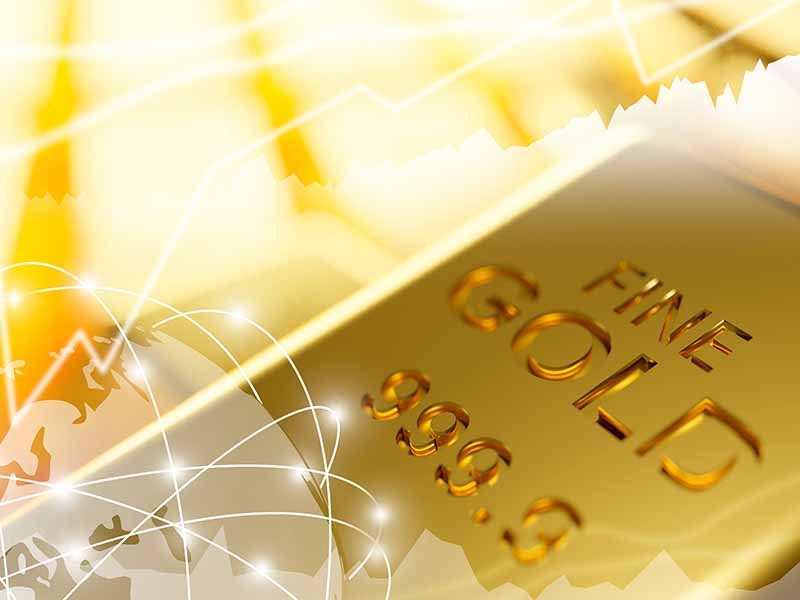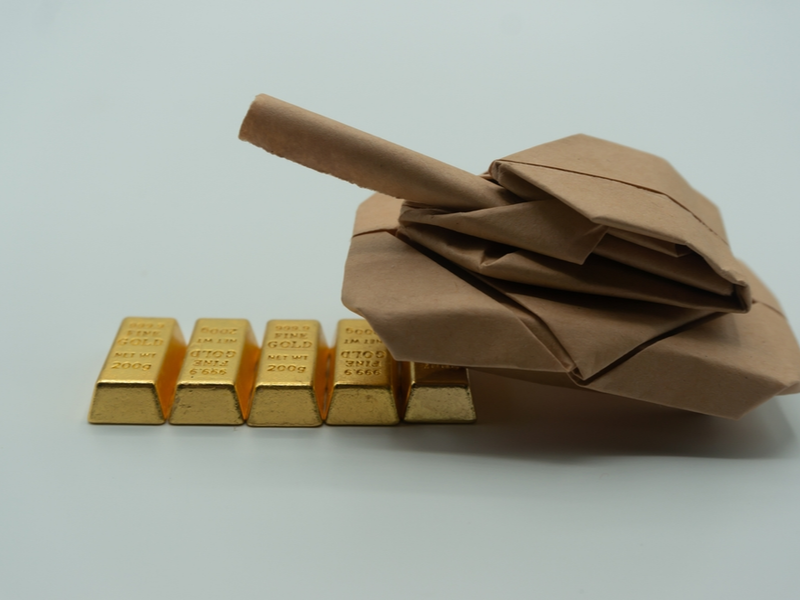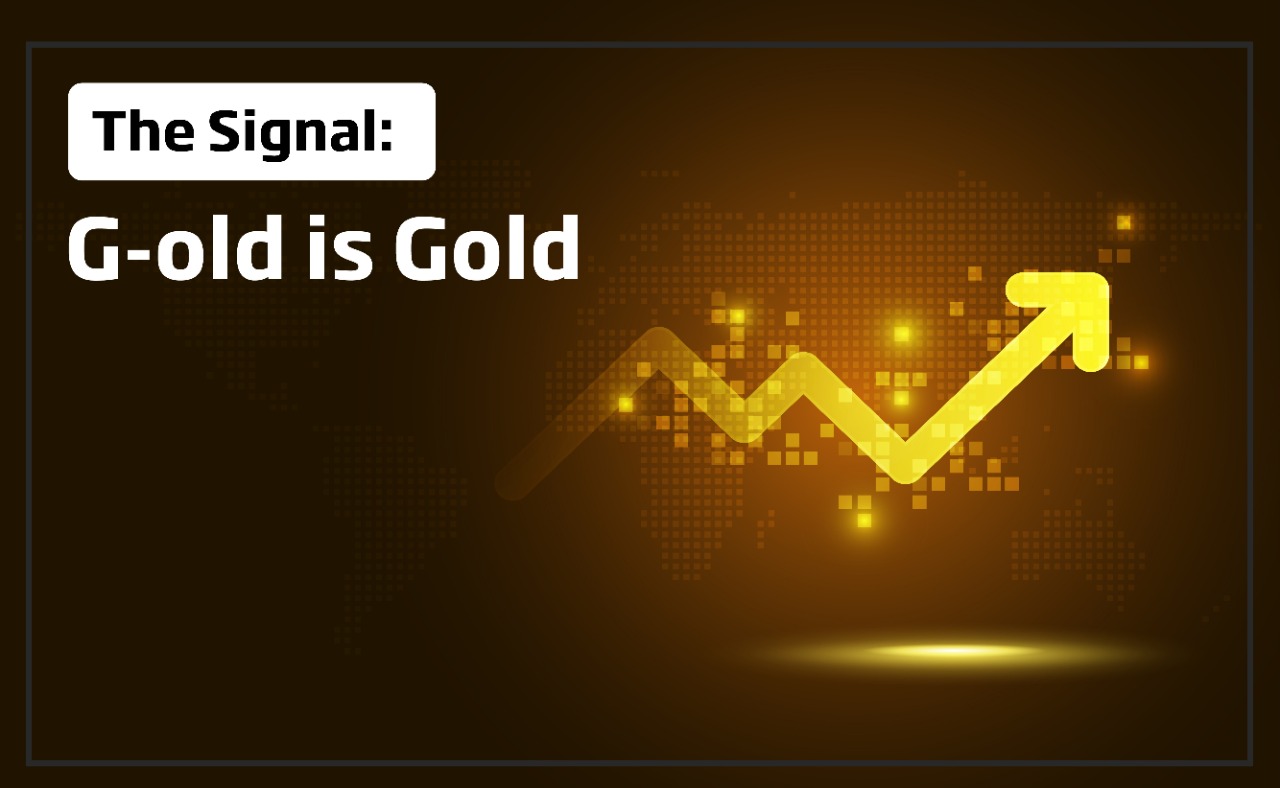
The effect of rising inflation is being seen and felt in a lot of ways. Whether it is rising petrol prices or costlier groceries, or even monthly electricity bills, the value of money is clearly declining. Many economists feel that this high inflation period may not be a short-term affair and may very well outlast 2022. Theoretically, we should be therefore investing in inflation-beating avenues like gold.
But, many investors are now wondering whether this asset can actually protect them against the current inflation and whether it is worth even though gold prices remain relatively high.
Here, we will discuss gold as a hedge against inflation to understand whether it makes sense to consider this investment in the current scenario.
Defining inflation
To begin, let us first understand the meaning of inflation.
For the novice, inflation means a general rise in the price levels of products and services. As inflation rises and lasts longer, the value of money goes down. This means, our purchasing power goes down as the same quantity of goods/services that were available for fewer rupees will now be available for more rupees.
Currently, we can see that the prices of products/services are on a rise in the Indian economy. This means that a high inflation period is ongoing.
Gold as a hedge against inflation
Gold investments have historically been used as a hedge against inflation.
But why?
The reason is that the prices of gold have, in the past, rallied during inflationary conditions. Thus, when there is a rise in inflation, gold, as an investment, can offer better returns.
Did you know?
As per a report on ‘India Gold Market’ published by the World Gold Council, every 1% rise in inflation results in a 2.6% rise in the demand for gold in the country.
It is important to note that returns from a gold investment may not beat inflation consistently, but these can stay in line with inflation. This is because gold prices flatten out during periods of low volatility and fluctuate during periods of uncertainty. Thus, gold makes for a good long-term investment avenue.
Investing in gold can be either by way of physical gold investment, buying gold ETFs, or investors can also explore Sovereign Gold Bond (SGB).
An interesting fact about SGBs
Sovereign gold bonds come with an added advantage of tax-free returns at maturity, in the form of capital gains. These also offer an annual interest return of approximately 2.5%.
Has the correlation between gold and inflation broken?
Experts see the correlation between gold and inflation being broken in recent years. The domestic gold prices are influenced mostly by global gold prices as well as the rupee exchange rate. Since the prevailing inflation in the country does not define gold prices, gold has turned into a currency hedge for most investors rather than an inflation hedge.
If gold is no longer a hedge against inflation, what should investors do?
Gold continues to act as a cushion during uncertain and turbulent economic conditions. For instance, we saw that gold prices rose during the Ukraine crisis. Although they have dropped back from the March highs, investors have earned close to 11% since the last year.
Where are gold prices headed?
International gold prices are not stable and keep moving in different directions since there is a lack of clarity on the cause of impact on gold prices, whether it is higher inflation, likely recession, global geopolitical instability or a stronger dollar.
Should investors buy gold now?
An investor’s portfolio should ideally be around 5-10% in gold to ensure diversification at all times. The primary reason to keep this proportion invested in gold is not only for long-term returns but also as a hedge against inflation and exchange rates.
As we saw that the US FED rate was hiked to control inflation. This is expected to result in money getting pulled out of emerging economies and invested back in the US, thereby strengthening the US dollar. As the US dollar strengthens, gold prices are likely to weaken. In the long run, as inflation comes back in control, the US Fed rate may decline and this can be positive news for gold prices.
While buying gold, investors must try to include well-regulated products like gold exchange-traded funds (ETF), gold mutual funds and sovereign gold bonds (SGB) in their portfolio. These can offer better returns and lower risks vis-à-vis physical gold investment.
Conclusion
Inflation can be tough on one’s portfolio, however, with the right proportion of gold investment, one can reasonably deal with inflation if not beat it entirely. Apart from inflationary pressures, investors must keep an eye on FED rate hikes, domestic interest rate hikes, and other geopolitical factors before deciding on gold investment.
FAQs
The inflation rate in India in June’22 is around 7.04% down from around 7.79% in April this year.
Gold is one of the investment avenues to beat inflation apart from stock investments and equity mutual fund investments.
Yes, both high inflation and rising interest rates in the US are adversely affecting the Indian economy. As foreign institutional investors pull out from the Indian markets, the domestic stock markets are also facing turbulence.
Although gold investment can help in beating or dealing with inflation, the timing of investment, cost of investment, and overall portfolio construct should be carefully considered before making an investment.


























